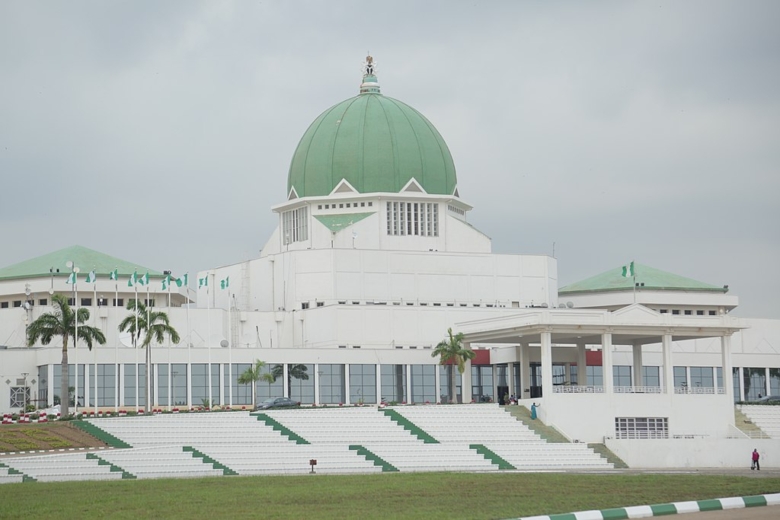IARJ News and Views: From Prince Charles Dickson on the complex role of religion in Nigerian politics

Editor’s Note: This year, we are inviting long-time IARJ members from around the world to write occasional columns about their perspectives on religion. These columns are grouped under the category IARJ News and Views.
Nigeria has the world’s largest black population and is the world’s largest black democracy—but it is also one of the most religiously complicated democracies.
The nation of 206 million people is divided across religious lines. The CIA’s 2018 World Factbook estimates Muslims to be 53.5% of the population and Christians 45.9%, although there is controversy over those numbers.
Nigeria has many states that are traditionally Muslim, and others that are traditionally Christian. The cultural and geographical differences between these groups influence the political behaviors of their adherents. Unfortunately, electoral violence, knitted around religion, has not been uncommon.
In a well-publicized report, a presidential aspirant of Nigeria’s governing party, the All Progressives Congress, Bola Tinubu, this year asked the Supreme Council for Shari’ah in the country to form a department of political affairs to create political awareness among faithful towards producing a Muslim president in 2023.
Speaking at the Annual National Conference and Pre-Ramadan meeting of the Supreme Council for Shari’ah in Nigeria (SCSN), Tinubu said Muslims cannot afford to be left behind in political participation nationwide.
Other religious groups have commenced political sensitization by creating political departments or directorates among themselves to promote their own,
he said. You should create a political wing among yourselves so that it will further gear your participation in politics. It will be a good platform to support your brothers who are vying for political positions.
And a week earlier, one of the country’s biggest denominations, the Redeemed Christian Church of God (RCCG), also created the Office of Directorate of Politics. In a high-profile message, the denomination, which is led by Pastor Enoch Adeboye, stated that the newly created directorate is to coordinate the affairs and activities of members interested in seeking political offices in 2023.
Nigeria is a federal republic composed of 36 states and the Federal Capital Territory. The country’s political movements work within a framework of a federal, presidential, representative democratic republic. Legislative power is held by the two chambers of the legislature: the house of representatives and the senate with a President and Vice President at the head of the government.
Under the above construct, however, is a religious foundation. If the president is Christian, the vice-president must be Muslim. And vice versa.
Across states that are largely populated by a particular religion, a sect or denomination often holds sway. There are states that have always been governed by Sunni Muslims, and others that have always been governed by Catholic Christians or a particular Evangelical group.
Nigerian Christians and European missionaries played a crucial role in the period of rapid political change leading up to Nigeria’s independence, especially in the south. In most of the north, Islam was widely practiced among the largely Muslim population. Those early days of intense political rivalry between religious, ethnic and minority groups have remained and been reinforced.
Violence is often the end-product of this history. While figures vary, according to the Nigerian Civil Society Situation Room, an estimated 626 persons were killed across Nigeria in the six months in the period leading up to the 2019 elections. In the 2011 elections 800 were killed.
Religion journalists and writers can play a pivotal role in educating a populace that is very religiously inclined, even though Nigeria’s constitution states it is a secular state. The media have the opportunity to find ways to advance good governance and a strong democratic ethos, devoid of religious misunderstanding.

Prince Charles Dickson, based in Nigeria, is an IARJ board member. He works for Blueprint Newspapers, and his work is also syndicated by the Sun Newspapers, Guardian, The Nation and The Daily Trust.
